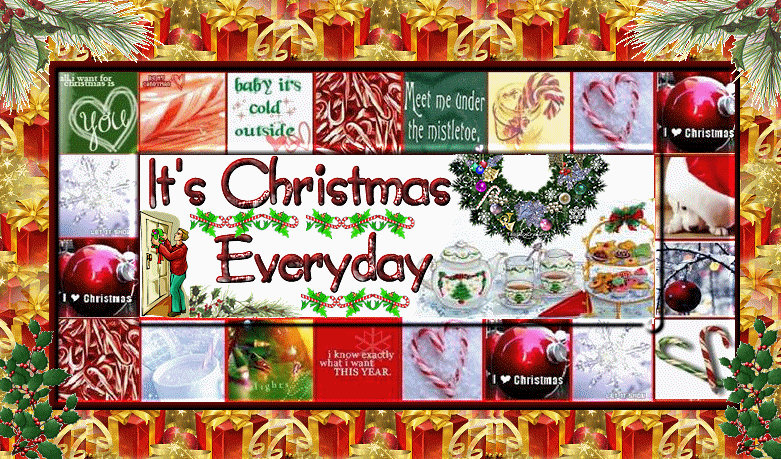The Chinese New Year has a great history. In our past, people lived in an agricultural society and worked all year long. They only took a break after the harvest and before the planting of seeds. This happens to coincide with the beginning of the lunar New Year.
The Chinese New Year is very similar to the Western one, rich in traditions, folklores and rituals. It has been said that it is a combination of the Western Thanksgiving, Christmas and New Year. This is hardly an exaggeration!
The origin of the Chinese New Year itself is centuries old - in fact, too old to actually be traced. It is popularly recognized as the Spring Festival and celebrations last 15 days.
Preparations tend to begin a month before the date of the Chinese New Year (similar to a Western Christmas). During this time people start buying presents, decoration materials, food and clothing. A huge clean-up gets underway days before the New Year, when Chinese houses are cleaned from top to bottom. This ritual is supposed to sweep away all traces of bad luck. Doors and windowpanes are often given a new coat of paint, usually red, then decorated with paper cuts and couplets with themes such as happiness, wealth and longevity printed on them.
The eve of the New Year is perhaps the most exciting part of the holiday, due to the anticipation. Here, traditions and rituals are very carefully observed in everything from food to clothing. Dinner is usually a feast of seafood and dumplings, signifying different good wishes. Delicacies include prawns, for liveliness and happiness, dried oysters ( ho xi), for all things good, fish dishes or Yau-Yu to bring good luck and prosperity, Fai-chai (Angel Hair), an edible hair-like seaweed to bring prosperity, and dumplings boiled in water (Jiaozi) signifying a long-lasting good wish for a family. It is customary to wear something red as this colour is meant to ward off evil spirits. But black and white are frowned upon, as these are associated with mourning. After dinner, families sit up for the night playing cards, board games or watching television programmes dedicated to the occasion. At midnight, fireworks light up the sky.
On the day itself, an ancient custom called Hong Bao, meaning Red Packet, takes place. This involves married couples giving children and unmarried adults money in red envelopes. Then the family begins to say greetings from door to door, first to their relatives and then to their neighbours. Like the Western saying "let bygones be bygones," at Chinese New Year, grudges are very easily cast aside.
Tributes are made to ancestors by burning incense and the symbolic offering of foods. As firecrackers burst in the air, evil spirits are scared away by the sound of the explosions.
The end of the New Year is marked by the Festival of Lanterns, which is a celebration with singing, dancing and lantern shows.
At the Festival, all traditions are honored. The predominant colors are red and gold. "Good Wish" banners are hung from the ceilings and walls. The "God of Fortune" is there to give Hong Baos. Lion dancers perform on stage continuously. Visitors take home plants and flowers symbolizing good luck. An array of New Years specialty food is available in the Food Market. Visitors purchase new clothing, shoes and pottery at the Market Fair. Bargaining for the best deal is commonplace!
